72 F. high in the Twin Cities Sunday.
74 F. average high on June 1.
72 F. high on June 1, 2013.
2.3" rain fell yesterday at MSP International, breaking the old record of 2.16" on June 1, 1944.
16.77" precipitation has fallen on the Twin Cities so far in 2014
9.7" average precipitation, to date.
Slow-Motion Weather
This is why climate trends are important, why we should listen to the scientists and keep an eye on the symptoms and trends.
A
warmer atmosphere is flavoring all weather now. Rapid warming of the
Arctic may be impacting jet stream wind speeds over the Northern
Hemisphere. So what? A slower jet increases the potential for blocking
patterns; stalled storms more likely to spark flooding rains and
temporarily "stuck" high pressure bubbles capable of sudden drought and
heat.
If you're bailing water out of your basement there's a
statistically significant chance it may be linked to these global
trends. I've noticed an escalation of these blocking patterns since
about 2010. Exhibit A: a 3 month polar vortex. I hope it's just my
imagination.
The frontal battle zone that spawned "training
thunderstorms" - a conga-line of storms bubbling up along the same
boundary (much like the cars in a train pass over the same section of
track) - shifts east later today, and we finally begin to dry out. We
cool off a bit; more T-storms sprout next weekend. With luck the front
won't stall and spark more flash floods.
That's the thing about climate change. It only hits home - when it hits home.
Doppler-Derived Storm Rainfall Estimates.
Remind me to invest in scuba gear, maybe an amphibious vehicle. Data
from the MPX (Twin Cities) Doppler shows a band of 3-5" rains from the
southwest and west metro into the northern suburbs, another band of 4-6"
from near Woodbury and Cottage Grove into west central Wisconsin,
straddling I-94. The heaviest band set up in western Stearns County,
where some 6-8"+ amounts may have fallen, close to 2 month's worth of
rain in roughly 48 hours. Impressively wet.
Flash Flood Watch Discontinued for Twin Cities Metro.
The watch remains in effect thru early Monday morning for west central,
northern and southeastern Minnesoeta, as well as much of Iowa and
Wisconsin. Details from NOAA
here.
Flash Flood Reports.
There were dozens of reports of significant flash flooding across the
metro area this past weekend, many locations receiving 3-5" of rain. To
put that into perspective that's roughly 1 month's worth of rain falling
on a long weekend. Details on a
NOAA interactive map.
Pushing The Forward Button.
After hitting pause over the weekend with a stalled front that sparked
widespread flooding across the Upper Midwest, a more progressive pattern
returns to weather patterns this week. A potentially significant severe
storm outbreak is likely over the central Plains and Midwest late
Tuesday into Wednesday, while Wisconsin, Minnesota and the Dakotas dry
out in the coming days. NAM Future Radar loop: NOAA and HAMweather.
7-Day Rainfall Potential.
NOAA models show some 3-5" rains in the coming week, the best chance of
heavy rain (and severe storms) from near Lincoln and Omaha to Des
Moines, Kansas City, St. Louis, Peoria and Louisville by next Monday.
Climate Change to Boost Summer Flash Floods, Says Study. No kidding. Here's an excerpt from a story at
The BBC: "...
When
they looked at rainfall patterns for the winter months, they found that
both the 12km and 1.5km grid models showed an increase in rainfall.
Both models found that summers in the future would be drier overall.
However, when it came to intense downpours, defined as more than 28mm
per hour, the higher resolution model saw a significant increase. It
found that there could be up to five times the number of events per hour
than we see currently..." (File photo: Aaron Favila, AP).
* more details on the study referenced above from
Planet Earth Online.
"Ask Paul". Weather-related Q&A:
Hi Paul,
We
are wondering what is happening here, with the more intense storms
lining up in a line like an arrow. You give such wonderful explanations,
so would love to hear what goes on here! I never miss your Weather
Blog.
Many thanks!!
Pat Jerde, an avid weather fan from Burnsville, MN
Thanks
Pat - I appreciate you taking the time to write a very nice note. I was
baffled by your question and don't pretend to have a definitive answer.
Outflow boundaries, cool, rain and hail-cooled exhaust, miniature cool
fronts, from T-storm downdrafts often spark additional storms nearby.
But these storms mushroomed north/west of St. Cloud Sunday evening and
persisted in place for several hours. One theory: the storms lined up
very close to the heaviest rain axis late Saturday into early Sunday
(6-8" amounts over western Stearns County). The sun came out for a time
Sunday afternoon over central Minnesota, heating the ground, but the
areas with heaviest rain (and standing water) would have cooled less.
This, in turn, may have created the differential heating necessary to
spark the low-level convergence necessary to support a quasi-stationary
line of storms for a few hours. It's a WAG, but the best idea I was able
to come up with.

Florida Riding a Lucky Streak as Hurricane Season 2014 Opens.
It's been 9 years since a Category 3 or stronger hurricane has struck
the U.S. mainland (Wilma back in 2005). At some point the law of
averages runs out - no idea if this will be the year. Here's a clip from
The Miami Herald: "...
The
last time a hurricane struck Florida, we were in the midst of a Shaq
attack, largely oblivious to a phenom in Cleveland named LeBron becoming
the youngest player to score more than 50 points in a pro basketball
game. Jeb Bush was governor. And about 27,000 Miami-Dade first-graders
hadn’t even been born. That may seem like ages ago in South Florida
years. But in hurricane time, it’s just a lucky streak that forecasters
warn could end anytime over the next six-month hurricane season, which
officially opens today. “We’re very vulnerable, so it’s a matter of
when, not if,” said National Hurricane Center Director Rick Knabb..."
Read more here: http://www.miamiherald.com/2014/05/31/4150051/florida-riding-a-lucky-streak.html#storylink=cpy
High-Tech Equipment Helps Firefighters Battle Blazes.
It's all about situational awareness, for the blaze itself and
real-time weather that might impact the spread of the fire, threatening
not only homeowners but the fire crews trying to contain a rapidly
spreading wildfire. Here's an excerpt of a very interesting article from
The Prescott Daily Courier: "...
Officials
from the Department of Defense's Defense Advanced Research Projects
Agency (DARPA) and their contractors demonstrated the new technology
Thursday in the field for the Prescott Fire Department, even bringing
along a plane to provide real-time aerial images of a simulated wildfire
and firefighters. They plan to stay for several days to train first
responders...."
Photo credit above: Joanna Dodder - The Daily Courier. "
Will
Bingman and Chris Stalzer from Juggernaut Defense show off FLASH field
kits Thursday during a demonstration of the technology in Prescott."
Wildfires Fan Growth of Private Firefighting Crews.
If you have the money you can hire your own personal army of hot shots
who will do everything in their power to protect your home from
approaching flames. Here's a clip from
The Coloradoan: "...
With
“megafires” like the High Park on the rise, Ward is one of many
property owners in the West who are opting for an extra layer of
protection during a wildfire — a private fire crew, in this case hired
by Ward’s insurance company, Chubb Group of Insurance Companies. The
program makes “total economic sense,” Ward said, since saving a home
from wildfire saves an insurance company more money in the long run.
Paying for private fire protection is an increasingly popular option in
Colorado, where three massive wildfires have destroyed hundreds of homes
since 2012, said Carole Walker, executive director of the Rocky
Mountain Insurance Information Association..."
File photo: United States Forest Service.
TODAY: Partly sunny, drying out. Winds: W 10-15. High: 81
MONDAY NIGHT: Partly cloudy, no weather drama. Low: 59
TUESDAY: Partly sunny, drying out with a drop in humidity. Dew point: 56. High: 77
WEDNESDAY: Some sun north, showers and T-showers southern MN. Wake-up: 58. High: 76
THURSDAY: Intervals of sun. A few T-storms fire up north. Wake-up: 59. High: 77
FRIDAY: Sticky sun, few pop-up T-storms. Wake-up: 61. High: near 80
SATURDAY: Mostly cloudy and humid. A better chance of T-storms. Wake-up: 63. High: 77
SUNDAY: Nicer, sunnier day. Cooling off. Wake-up: 58. High: near 70
Climate Stories...
EPA To Seek 30% Cut in Carbon Emissions. The New York Times has a good overview of the announcement and new rules coming out of the White House and EPA today; here's a clip: "
The
Environmental Protection Agency will unveil a draft proposal on Monday
to cut carbon pollution from the nation’s power plants 30 percent from
2005 levels by 2030, according to people briefed on the plan. The
proposed rule amounts to the strongest action ever taken by the United
States government to fight climate change. Coal-fired power plants are
the largest source of the greenhouse gas emissions that scientists blame
for trapping heat in the atmosphere and dangerously warming the planet.
The rule could trigger a fundamental transformation of the nation’s
energy systems – if it withstands an expected onslaught of legal and
legislative attacks..."

Myths and Facts About EPA's Carbon Pollution Standards. Here's an excerpt from
Media Matters: "
The
Environmental Protection Agency's forthcoming regulations on greenhouse
gas emissions will provide legally required protection for the health
and welfare of Americans at a cheap cost, while allowing states
flexibility -- contrary to media fearmongering about the landmark
standards."
Trying to Reclaim Leadership on Climate Change. Justin Gillis and Henry Fountain at
The New York Times take
a look at possible motives to bypass Congress and leverage the EPA to
regulate coal-fired greenhouse emissions; here's an excerpt: "...
It
is clear Mr. Obama’s immediate goal is not to solve the emissions
problem, but to get the country moving faster in the right direction.
The new rule alone offers little hope that the United States and other
nations can achieve cuts on a scale required to meet the internationally
agreed limit on global warming. But experts say that achieving the
pledge Mr. Obama made in Copenhagen — a 17 percent reduction in the
nation’s greenhouse gases by 2020, compared with the level of 2005 —
would be quite likely, if his plan survives. Mr. Obama’s effort is aimed
not just at charting a new course inside the United States, but at
reclaiming for the country the mantle of international leadership in
battling climate change..."
Obama, GOP Spar Ahead of New EPA Pollution Rules. Here's an excerpt from
Politico: "...
As
president, and as a parent, I refuse to condemn our children to a
planet that’s beyond fixing,” Obama said, who spoke after visiting
children at the hospital who were being treated for asthma and other
breathing problems. “Often, these illnesses are aggravated by air
pollution – pollution from the same sources that release carbon and
contribute to climate change. And for the sake of all our kids, we’ve
got to do more to reduce it,” he said..."
In Norfolk, Evidence of Climate Change is in the Streets at High Tide. The Navy knows it has a long-term challenge, since Norfolk represents its biggest port. Here's a clip from
The Washington Post: "...
Obama
has ordered every agency to start planning for climate change, but
administration officials acknowledge that the process is in its infancy.
Meanwhile, there is no new money to help hard-hit places such as
Norfolk, where residents are clamoring for relief. Norfolk exists
because of the sea. Ships have been built in its harbors since the
Revolutionary War. It is home to the largest naval base on the globe.
Bounded by the Chesapeake Bay and two rivers, sliced by coastal creeks,
Norfolk has always been vulnerable to flooding. But over the past
decade, people began noticing alarming trends..."
Photo credit above: "Norfolk
wrestles with rising waters, sinking options: Effects of climate change
are visible every high tide but federal help for costly fixes is hard
to come by."
The Climate Change Science Cop-out. Here's an excerpt from meteorologist Jason Samenow at The Washington Post's
Capital Weather Gang: "
If
you’re asked about climate change science, duck and cover. That’s the
spineless strategy of politicians and governments without the courage to
discuss or encourage dialog on this important, timely issue. Politico reports
some Republicans have recently evaded questions about climate change
science with responses such as ”I am not a scientist” or “we are not
experts”. On Thursday, House Speaker John Boehner said he’s “not
qualified to debate the science over climate change” when asked if he
thought it was a problem. Meanwhile, the Canadian government has
directed its weather forecasters not to talk about climate change
according to environmental journalist Mike De Souza..."
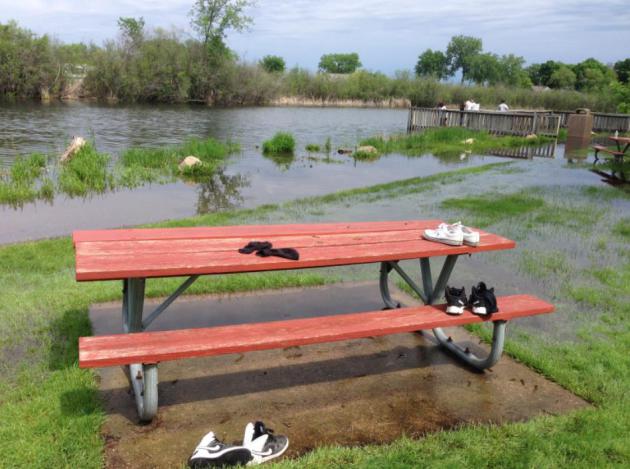
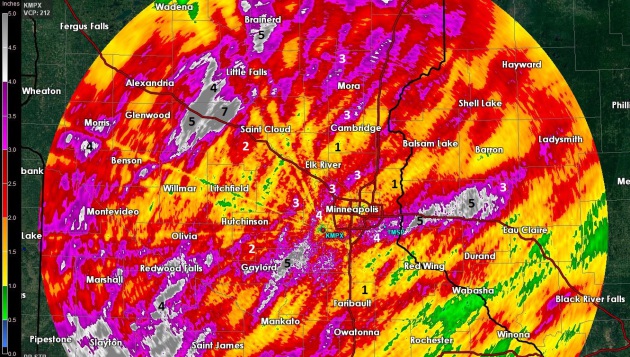
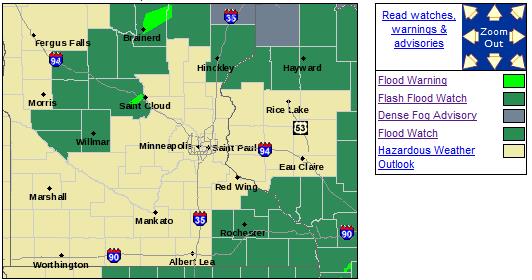
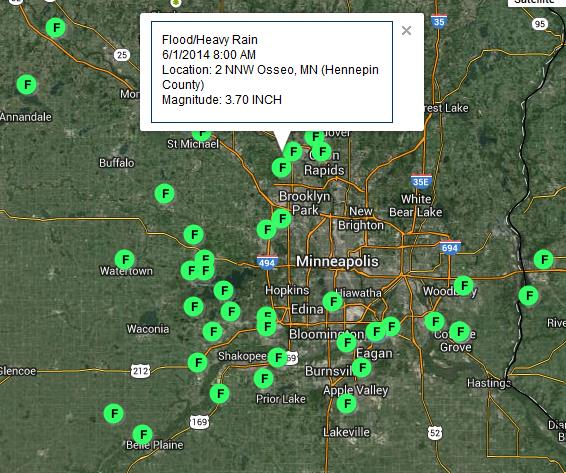
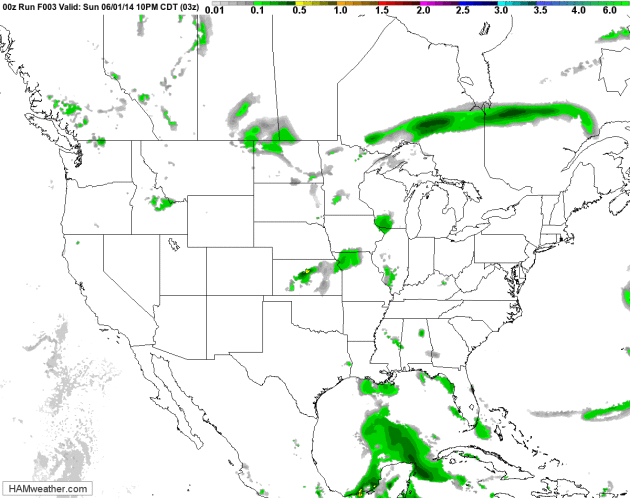
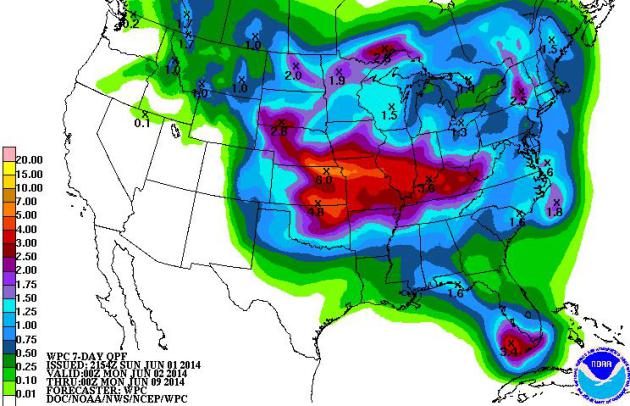
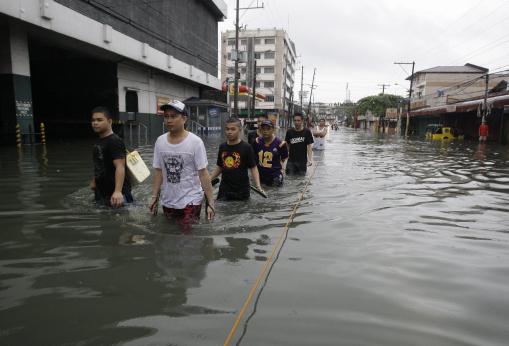
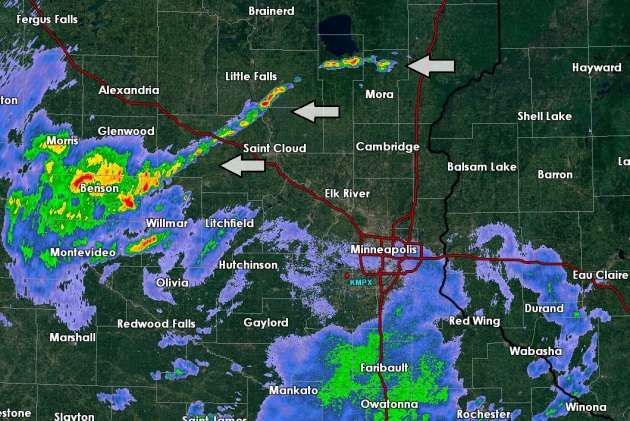
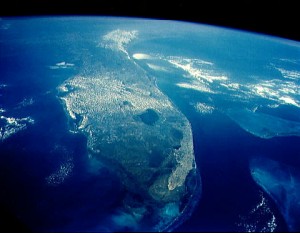

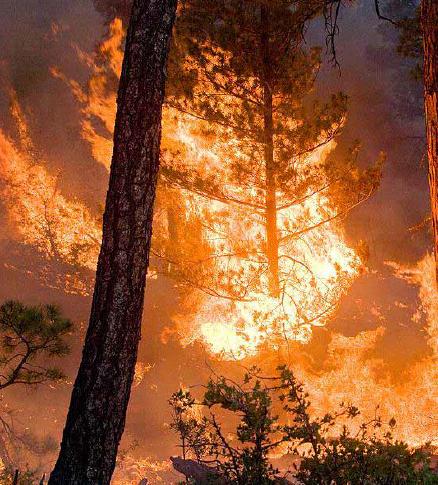
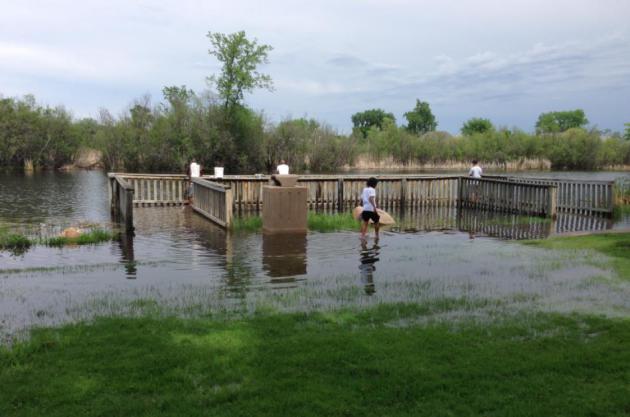
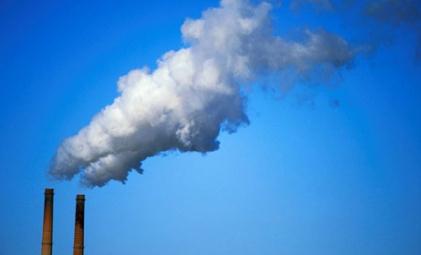


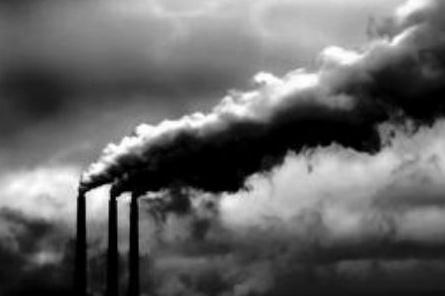
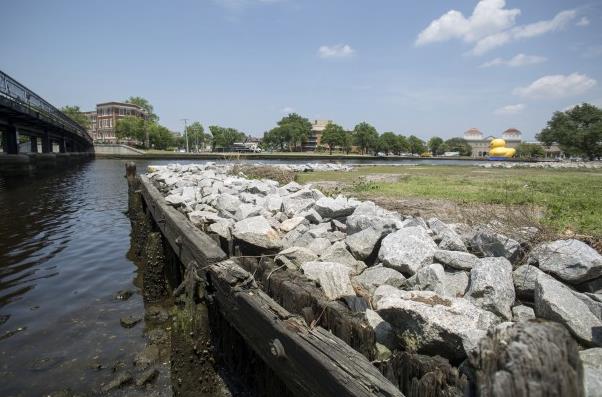

No comments:
Post a Comment